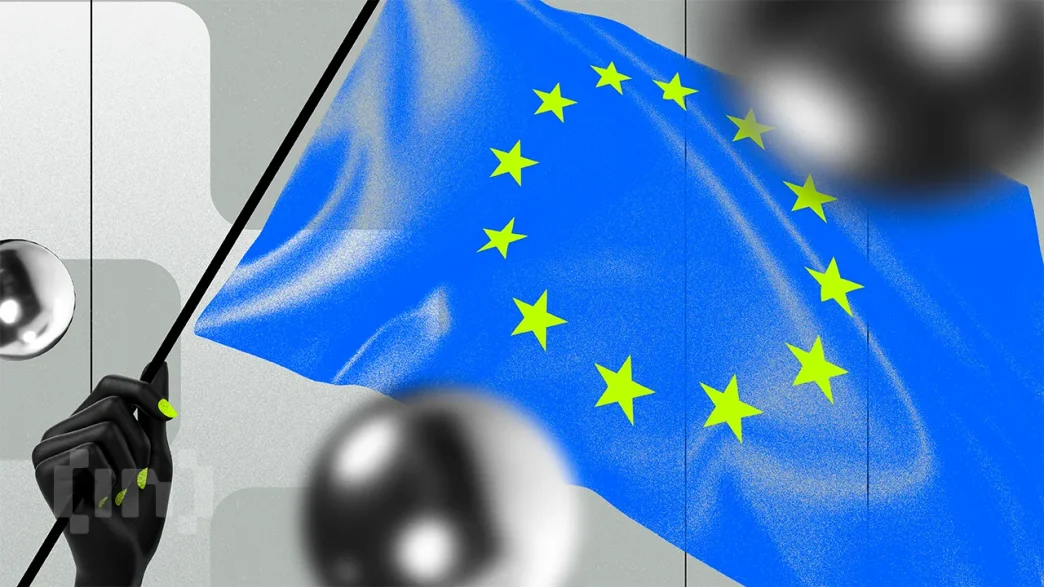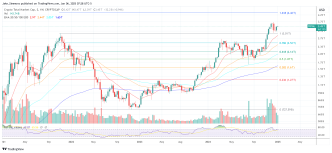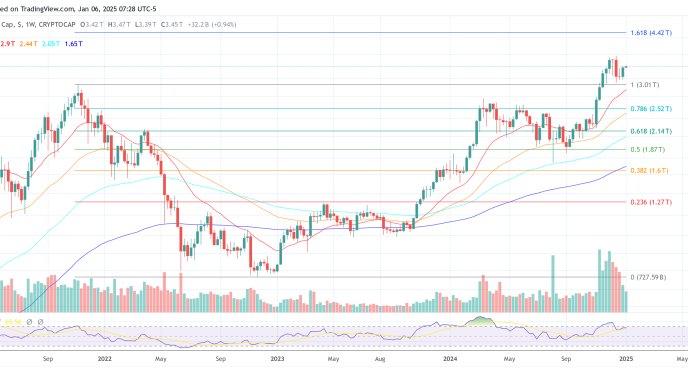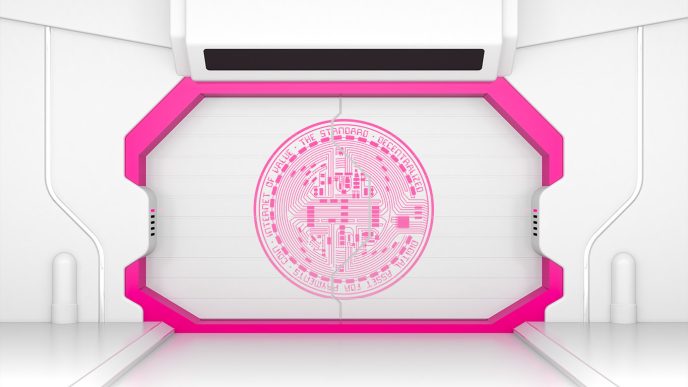MoonPay, BitStaete, ZBD, and Hidden Road have secured the MiCA license from the Dutch Authority for the Financial Markets (AFM). Meanwhile, Socios.com has gained a license in Malta.
This certification allows them to operate across the European Union under the new regulatory framework.
More Crypto Companies are Lining up for MiCA License
The Markets in Crypto-Assets (MiCA) framework, which came into effect on December 30, establishes a unified rulebook for crypto firms within the EU. A Crypto Asset Service Provider (CASP) license issued by one EU member state permits companies to extend their services across the bloc.
MoonPay was one of the first international companies to receive this license in the Netherlands last week. Today, three other crypto firms, including the Dutch asset management firm BitStaete, have joined.
Other countries in the EU are still working to adopt MiCA regulations by the official deadline. Malta has also made progress.
Earlier today, Socios.com announced approval from the Malta Financial Services Authority (MFSA) for a MiCA license. This designation enables the fan engagement platform to function as a regulated provider of virtual financial assets.
“Socios.com has secured full regulatory approval from Malta Financial Services Authority (MFSA). The MFSA’s approval is for a class 3 Virtual Financial Assets Act (VFAA) licence to provide Virtual Financial Asset (VFA) services. Malta’s well established regulatory framework is already significantly aligned with MiCA regulation,” Chiliz announced on X (formerly Twitter).
While the EU advances its MiCA framework, the UK has continued to refine its own approach to crypto regulation. The FCA is aiming to finalize regulations by 2026, with a key focus on stablecoins.
Also, Lithuania has emerged as a hub for crypto firms aiming to comply with MiCA. Bitget is expanding operations in the country to strengthen its presence in the region.
The exchange is simultaneously pursuing regulatory approval in 15 countries while operating under existing licenses across the EU.
A Critical Roadblock for Tether
MiCA’s introduction has raised concerns about its potential impact on stablecoins, particularly Tether’s USDT.
In November, Coinbase announced it would restrict USDT transactions in the EU to align with MiCA regulations. Other exchanges have since followed suit, with plans to delist Tether’s stablecoin in the region.
When MiCA took effect, USDT’s market capitalization dropped by $2 billion. It briefly prompted fears of a potential collapse.
However, analysts have dismissed these concerns. There are several counter-arguments that MiCA would hurt the EU crypto market, as it excludes USDT, one of the largest liquidity providers in the global market.
“Most of Tether’s liquidity originates outside the region. With an average daily trading volume of $44 billion, Tether’s operations remain largely insulated from potential regional disruptions. In addition, the USDT usage on P2P platforms, DEXs and holding in custodial wallets is still possible, meaning the stablecoins is still legal in the EU,” Agne Linge, head of growth at WeFi, told BeInCrypto
To prepare for MiCA, Tether halted its euro-denominated stablecoin (EURT). The stablecoin issuer remains focused on markets in Asia, where USDT trading volumes dominate.
As more countries implement MiCA, its long-term effects on the cryptocurrency industry will become clearer, particularly in areas like stablecoin regulation and cross-border operations.
Disclaimer
In adherence to the Trust Project guidelines, BeInCrypto is committed to unbiased, transparent reporting. This news article aims to provide accurate, timely information. However, readers are advised to verify facts independently and consult with a professional before making any decisions based on this content. Please note that our Terms and Conditions, Privacy Policy, and Disclaimers have been updated.
Source link
Mohammad Shahid
https://beincrypto.com/mica-license-dutch-malta-regulators/
2025-01-06 21:33:34














